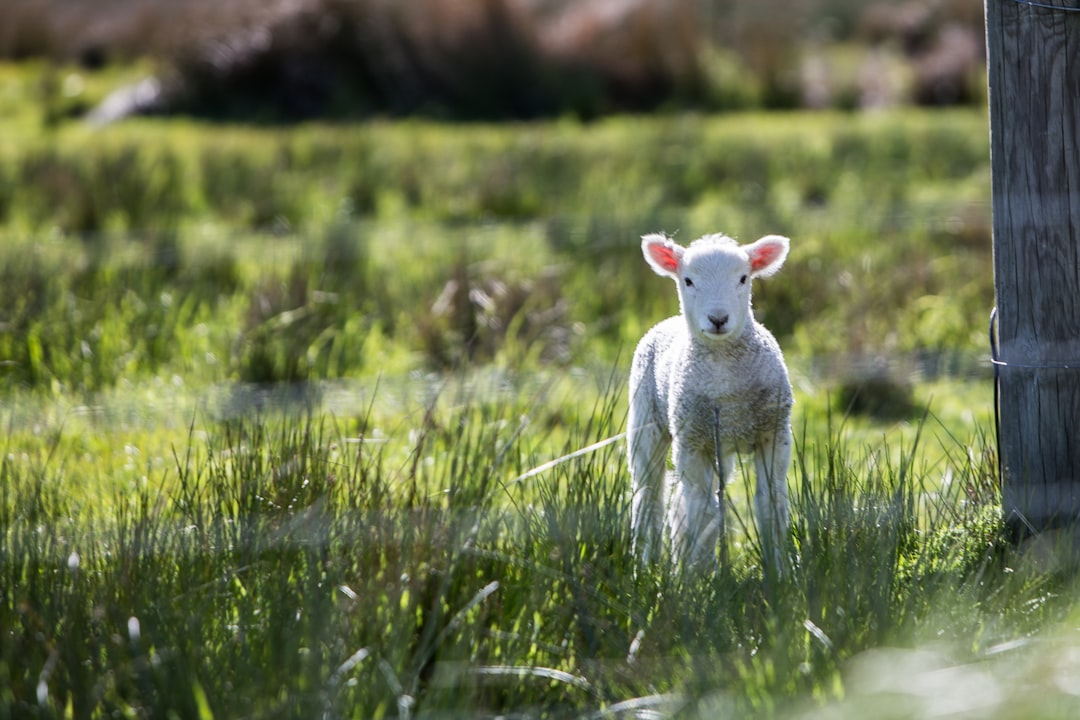Pasture management is a critical component of maintaining healthy and productive sheep flocks. Effective management strategies not only enhance the health and productivity of sheep but also contribute to sustainable agriculture by preserving soil quality, reducing environmental impact, and promoting biodiversity. This post explores key pasture management practices suitable for different regions and climates.
Key Principles of Pasture Management
-
Rotational Grazing: This involves dividing pastures into smaller sections and rotating sheep through them. Rotational grazing allows pastures to rest and recover, reducing the risk of overgrazing and soil erosion. It also helps control parasites by moving sheep before parasite larvae can hatch on the grazed areas.
-
Pasture Monitoring: Regular monitoring of pasture health and growth is essential. Techniques include measuring soil moisture, assessing grass height, and using drones or sensors to evaluate pasture conditions. This data helps farmers decide when to move sheep to new grazing areas.
-
Forage Quality: Ensuring high-quality forage is crucial for maintaining sheep health and productivity. This can involve planting improved forage species that are more nutritious and resilient.
-
Parasite Control: Rotational grazing and regular fecal exams are key strategies for managing internal parasites. Moving sheep to new pastures before parasite larvae hatch helps break the parasite cycle.
Regional Considerations
-
Temperate Regions: In temperate climates, pastures can be managed with a focus on maximizing growth during the spring and summer months. Regular rotation and monitoring ensure that pastures remain healthy and productive throughout the year.
-
Tropical Regions: In tropical climates, pastures face challenges such as high temperatures and humidity. Strategies include using heat-tolerant forage species and implementing more frequent rotations to prevent overgrazing and maintain soil health.
-
Cold Regions: In colder climates, pastures may be limited by short growing seasons. Strategies include using stored forages like hay and silage during winter months and ensuring adequate nutrition for ewes during gestation and lactation.
Best Practices for Sustainable Pasture Management
-
Holistic Management: This approach considers the entire ecosystem, integrating pasture rotation with crop integration and water management. It promotes biodiversity, soil health, and animal welfare, making the production system more resilient to environmental changes.
-
Record Keeping: Maintaining detailed records of flock health, breeding history, and pasture management helps identify trends and make informed decisions about future management strategies.
-
Biosecurity and Health Monitoring: Regular veterinary checkups, vaccinations, and deworming programs are essential for maintaining flock health. Implementing quarantine procedures for new animals helps prevent disease introduction.
Conclusion
Effective pasture management is vital for maintaining healthy and productive sheep flocks. By adopting strategies such as rotational grazing, monitoring pasture health, and controlling parasites, farmers can optimize their pastures while promoting sustainable agriculture. As global environmental challenges continue to evolve, these practices will remain crucial for ensuring the long-term viability of sheep farming operations worldwide.
Citations:
- https://ibridgecapital.org/innovation-in-sheep-feeding/
- https://sites.google.com/view/sheepfarmingforbeginners/how-to-manage-a-sheep-flock
- https://www.livingwithgotlands.com/2018/05/pasture-management-for-parasite-control/
- https://ewetopia.ca/flock-management
- https://globalanimalpartnership.org/about/news/post/pasture-management-the-key-to-a-healthy-lamb-flock/
- https://www.ontariosheep.org/media/w1bde2ye/h8-flock-health-2014.pdf
- https://efao.ca/pasture-management-sheep/
- https://extension.umaine.edu/livestock/sheep-entrepreneurs/tools-resources-for-participants/sheep-best-management-practices/

Comments
No comments yet. Be the first to comment!
You must be logged in to comment. Login